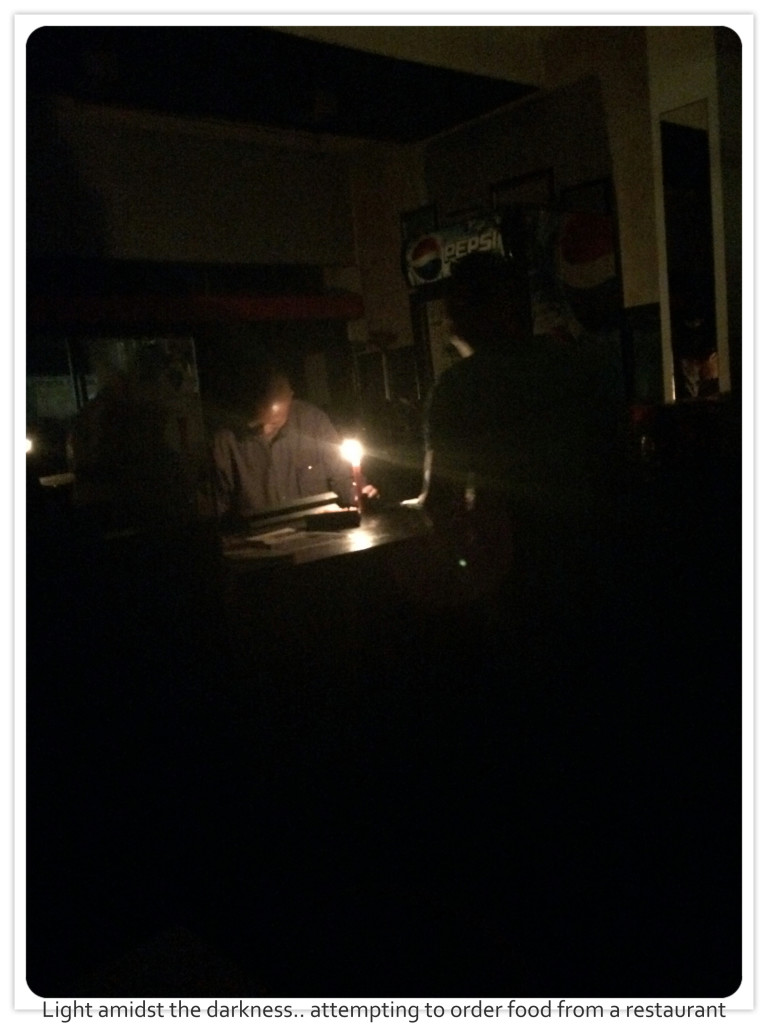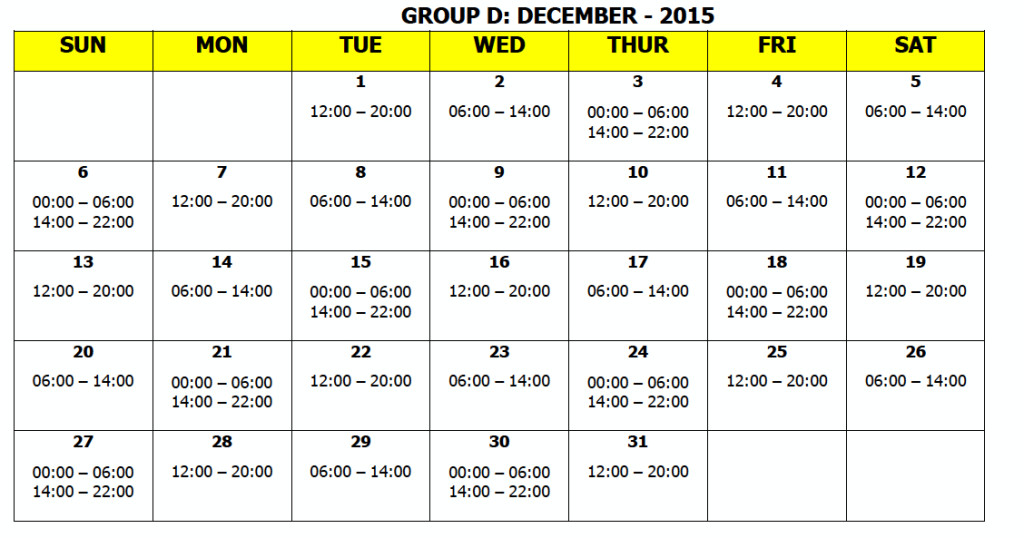I never set out to paint Zambia in a light of beauty. Beauty is subjective and finds a way to show itself without effort. There are many photos of Africa that have circulated throughout time, capturing a single narrative of poverty, starvation, and disease… pinning that as the way of life on the continent. The photos displayed in this post are not with the intent of perpetuating the stereotypes of those images, but the intent is to share my reality. – KENYA
I was not prepared for load shedding. I arrived to Zambia during a major energy and economic crisis. When I moved here months ago, colleagues prepped me with “You may need to bring an external battery to charge things as we experience periodic power outages.” Pressed for time, I haphazardly ignored their warnings. “Oh… they must be referring to the power outages that my friends from other countries like Haiti, DR Congo, and Jamaica told me they’d experienced when they were growing up”, is a thought I used as comfort. I’m never pleased by the ill-fated experiences of others but my spirit was a bit more fortified knowing that I actually knew people who had endured these events.. and had survived.
What is load shedding do you ask? I consulted Merriam-Webster and could not find a proper definition to share. So based on my personal experience, here’s my attempt at defining it. Load shedding is the periodic scheduled shutdown or rationing of power as a means of conserving the energy supply to have enough to meet the demand for electricity. Phew that wasn’t so bad.

Why is Zambia load shedding?
There are many speculations as to why Zambia is load shedding, from conspiracy, to political gain, to name a few. We could spend several candlelit nights discussing the ‘whys’, but in the interest of utilizing electricity that will turn off soon, even as I write this blog post, I will only touch on the most evidence-based reason. Zambia’s source of power is hydroelectricity with the majority of power being generated from the Kariba Dam, one of the world’s largest man-made reservoir lying between Zambia and Zimbabwe. Due to a reduction in rain during the previous season, the dam did not fill up to levels necessary to provide consistent power to the nation. As a result, the electricity providing company rations out electricity on a schedule to be able to sustain power generation with the remaining water supply. Here we are, December 9th and I find myself cloud watching daily for the sight or smell of rain.
So I’m load shedding. It sounds like a fancy diet or some type of spiritual cleanse but sadly it’s not that pretty. For 8 to 10 hours daily I am without electricity and running water. Coming from a nation where having access to electricity (something this is often taken for granted) is as simple as paying a bill and transitioning to a nation where even if the bill is paid, your power source is still cut is hard to grapple with. I often say that many of the cities in which I lived before moving to Zambia have prepared me for my new life here. But I must admit, neither New York City nor Mississippi prepared a sista for load shedding.
THE NEW NORMAL
Load shedding has been Zambia’s new normal since June of 2015. Even when speaking with friends who are native Zambians but currently live in the U.S., they view the situation as an anomaly because they can’t recall experiencing such.
So how does this load shedding work? Neighborhoods are divided into grids that determine when power will shut off. A different schedule exists for each day. When electricity is turned off, so is the water. Imagine going 8-10 hours without this dynamic pair. How does one flush the toilet? Where does one wash hands?.. and don’t dare think about having food poisoning with unannounced trips to the bathroom without access to water (let your mind wander for a second).

There are some households that are fortunate enough to have access to inverters or generators which are fuel run sources of electricity when power is out. But given that only 22% of Zambians have access to electricity in general, the likelihood that funds will be available for a generator is slim to none.
Though my light may occasionally dim, I’m encouraged and I’m surviving. I subsist on two ends of the load shedding life spectrum. On one end, I live in denial that load shedding even exists.. ignoring the fact that a schedule is present and casually living as I choose. On the other end, I’ve become a ‘Doomsday Prepper’….in constant preparation mode for the end, for societal collapse, or for the power simply to be shut off. I awake at 4 or 5 am daily to begin preparations which includes storing water in containers for later use, cooking foods that will be semi-safe without refrigeration, and having a cup of hot tea until the humming of electricity is no longer heard. Often I’m in a race against time, with time being the winner at several occasions. But nothing is forever. Power returns and life resumes as it has never left. I’ve diagnosed myself as suffering from what I deem ‘Post Traumatic No Electricity Syndrome’ (PTNES). With PTNES, even when power has returned I function as if power is not present.
PROSPERITY IN DARKNESS
Load shedding has given the chance to discover the time I never knew I had. Moreover, the opportunity to hear silence like I’ve never heard before. When the power is off, you are forced to redirect your energy to things that do not include electricity or water. All of the journal articles that have remained on my ‘to read’ list.. read them. All of the books that I started, yet the bookmark has found a permanent place on the same page for months.. finished them. Most importantly, I’ve rekindled my love for face-to-face conversation. Growing up, one of our favorite past times in the rural south was visiting with neighbors to simply talk.
“..mornings in the Mississippi Delta. We rise at the crack of dawn to the sound of music to have our tea or coffee. We sit out on the porch to talk about the happenings of yesterday and visit with our neighbors to ensure they have made it safely through the night”
With load shedding ,the art of face-to-face conversation conjures up so many warm memories from my upbringing. When the power goes, I choose a neighbor or a neighbor chooses me and we sit and talk for as long as we have time to spare.
I’ve grown to value certain aspects of what load shedding evokes in society. No matter where I go in Lusaka, the person standing next to me is experiencing what I’m experiencing, sometimes to a greater extent. In a sense we have disrobed ourselves of classism and see people not as the gardener or the gate maker or the president of some organization… but we see them as mirrors of ourselves. Because they too share our secret life of load shedding.
PRAYERS FOR ZAMBIA
I’m content, because even in the dark we sing praises in advance, knowing that God has not forgotten about us in Zambia. Lesa talaba eh na talabile.
Stay tuned for Part 2 of Living With Load Shedding: Work Life and Economic Impact

Saritha Gateau
December 9, 2015 at 11:11 pm (9 years ago)Thank you for writing this, Kenya! It’s pretty unfathomable for me as a spoiled American but I’m so glad you chose to communicate about this. Your writing is absolutely gorgeous by the way! I’ll continue to keep you and Zambia in my prayers and I’ll look forward to more posts! Xo
Kenya
December 11, 2015 at 7:40 am (9 years ago)Thank you so much for visiting, Sis Saritha. As you “…stand firmly and resolutely in positioning your body, mind, and soul into your journey”.. depend on nothing of this Earth but solely on your Higher Power. Even as spoiled Americans we lack a lot.. May not be in the realm of commodities such as electricity or water but the lack is there. I’m sure at some point you’ve found yourself without something you’ve deemed necessary for survival. Be it electricity.. water or anything you hold at high value. In its presence you live, but in its absence you thrive.. and you begin to ask yourself.. “Did I really NEED this thing to flourish?” I encourage to keep stopping by Tribes of Kenya. We love you!
Casual Observer
December 9, 2015 at 11:23 pm (9 years ago)I appreciate your perspectives on this situation and that you see the light through it all All the best with this experience Madam and thanks for this website.
Kenya
December 11, 2015 at 7:44 am (9 years ago)Thank you for stopping by! Your observations and commentary are welcomed here.
D
December 12, 2015 at 8:18 pm (9 years ago)As women definitely challenging living conditions for a new normal. Considering how vital water is for upkeep of ones femeninity. From maintaining NATURAL hair to maintaining clear skin.
Looking forward to part II of the post. Great food for thought today!
Kenya
December 14, 2015 at 2:38 pm (9 years ago)Ha! I wish as a woman that natural hair and clear skin were the only of our worries with regard to feminine hygiene. I actually considered adding perspective on that part of the experience.. But we know our struggles, even if they go unmentioned. Thanks for visiting!
Alexis McGrigg
April 4, 2016 at 4:22 am (9 years ago)This is really awesome Kenya. I really enjoy reading your posts and your writing is beautiful <3… Looking forward to reading more. Hope you are well, sending much love, prayer, and positivity your way! Take Care!
Kenya
May 5, 2016 at 12:46 pm (9 years ago)Thank you so much for joining me. I very much appreciate your support!